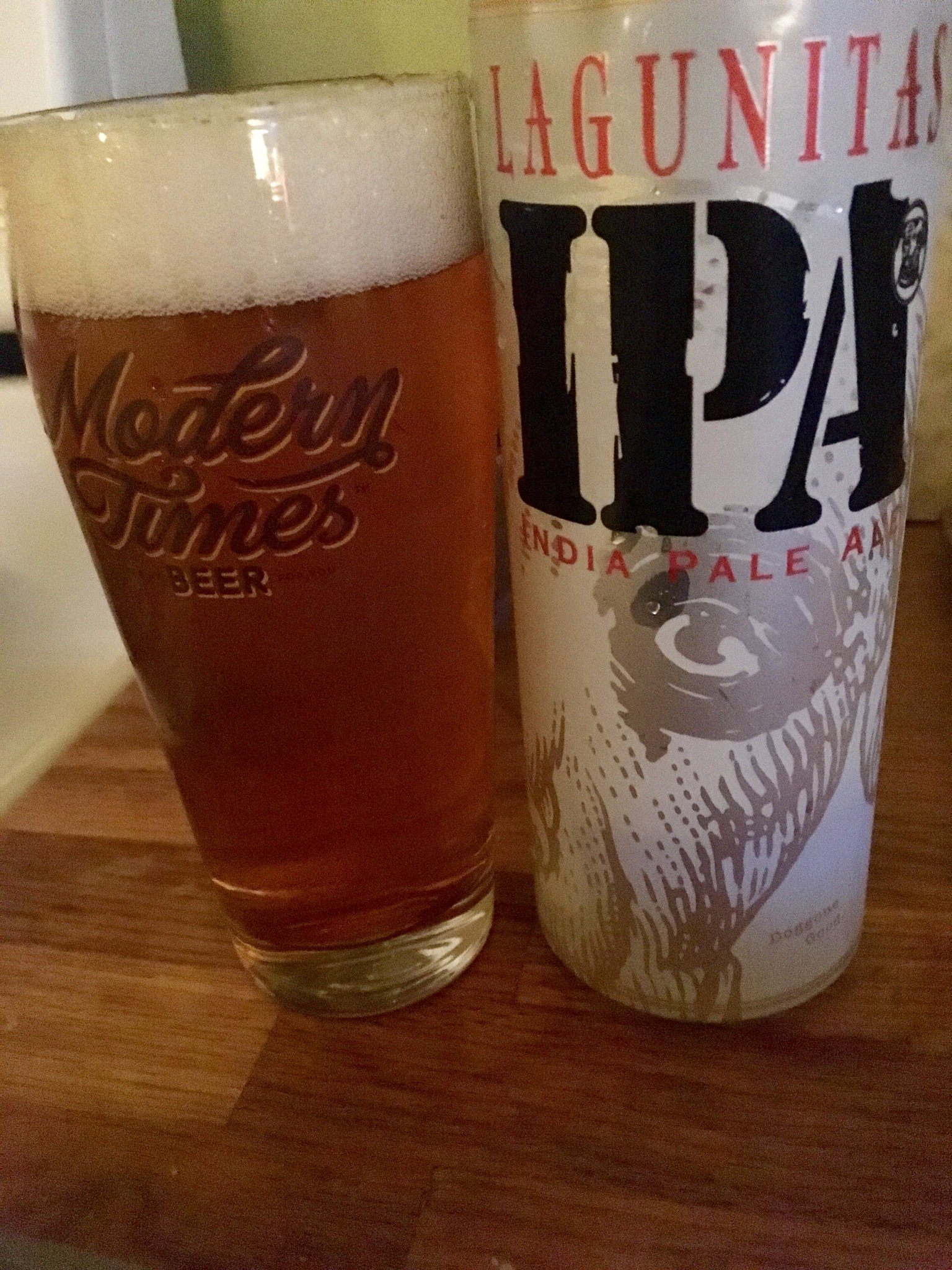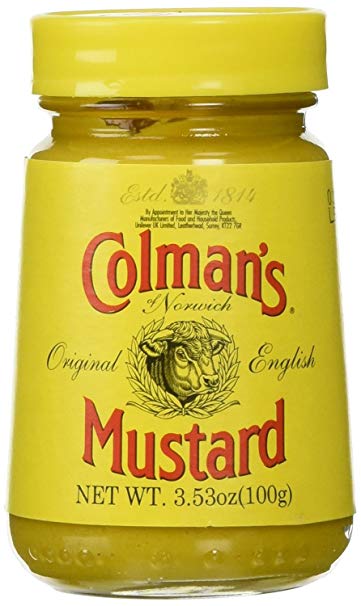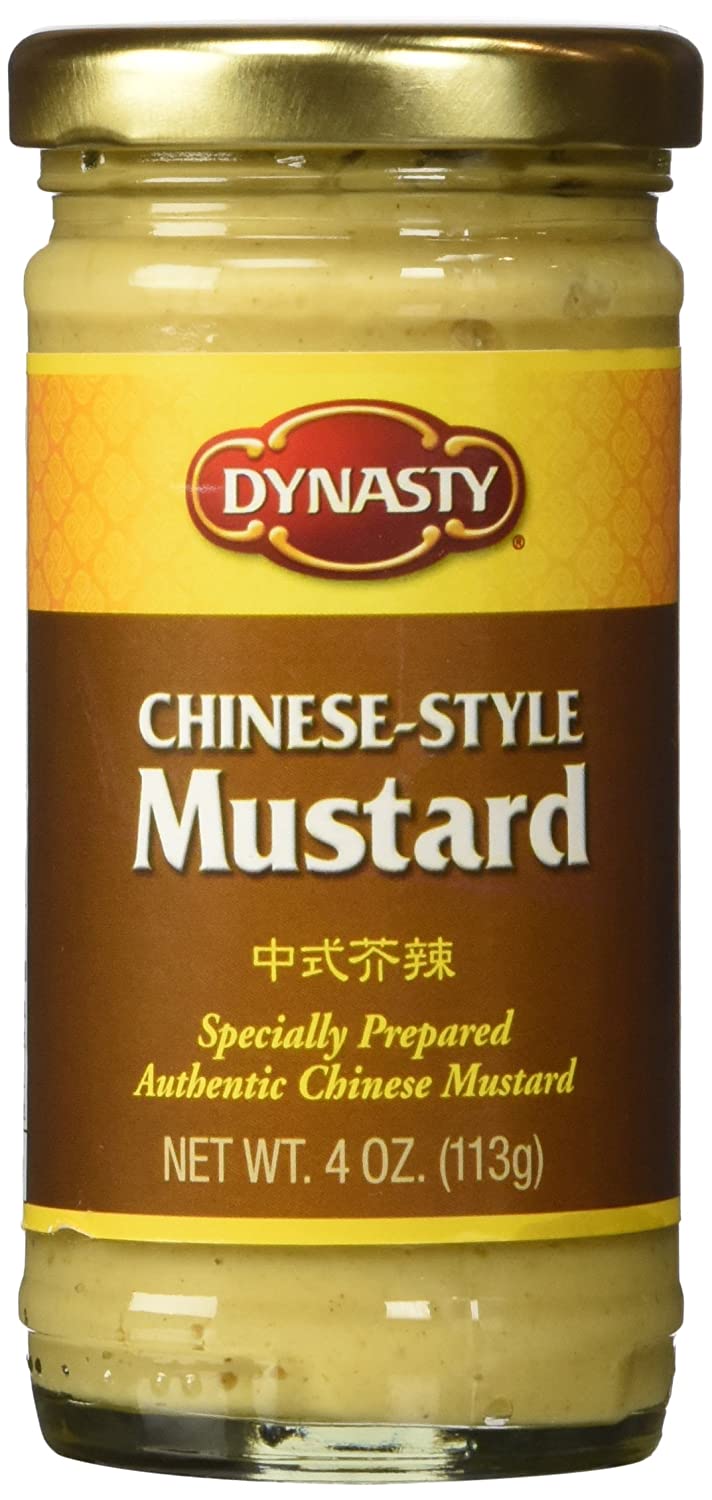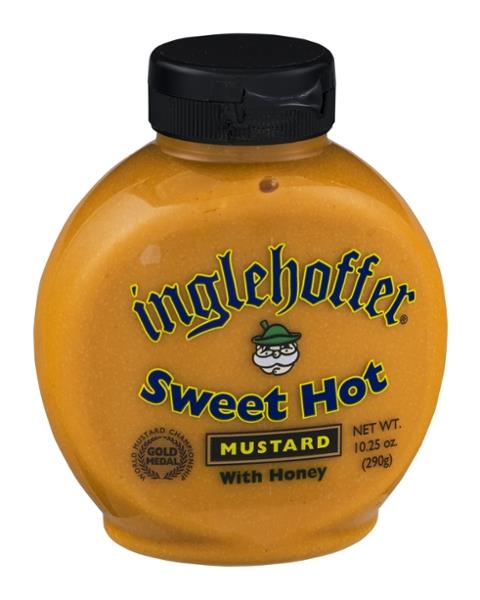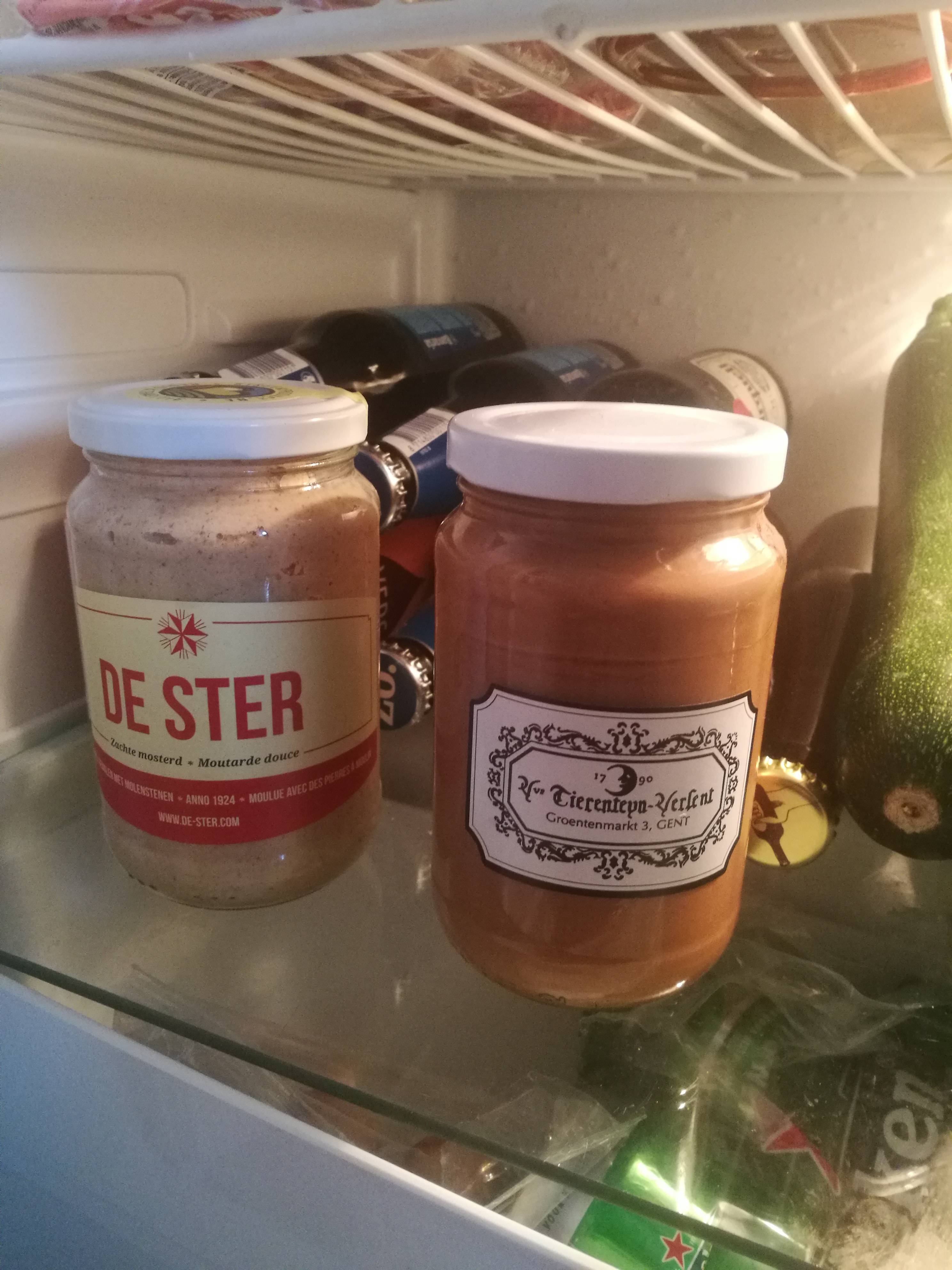Contemplatebeer
Active Member
I've been a holdout to buying big beer/acquisition beer for some time now. Since 2011, and AB-InBev's buyout of Goose Island, it seems that more and more craft brands have been acquired. These brands still occupy their place next to beer from independently owned breweries, so that only savvy consumers know whether or not their purchases are going to support craft beer or acquisition beer.
I'm sure this is news to no one here, but just laying the groundwork for the discussion...
Lately, I've been considering whether or not I should buy beer from any such entity, and I have considered the following criteria in my decision:
1. Does the parent company, to my knowledge, allow for the acquired brewery to continue operating in a mostly independent way (able to make new products, try creative ideas)?
2. Does the history of the parent company indicate a benevolent attitude towards craft beer/traditional producers?
3. Does the particular product i'm intending to buy have a close craft beer equivalent available to me, in terms of quality and price?
What are your thoughts on these guidelines? And do you have a standard for what beer you buy, outside of value/taste/the bud knight?
I'm sure this is news to no one here, but just laying the groundwork for the discussion...
Lately, I've been considering whether or not I should buy beer from any such entity, and I have considered the following criteria in my decision:
1. Does the parent company, to my knowledge, allow for the acquired brewery to continue operating in a mostly independent way (able to make new products, try creative ideas)?
2. Does the history of the parent company indicate a benevolent attitude towards craft beer/traditional producers?
3. Does the particular product i'm intending to buy have a close craft beer equivalent available to me, in terms of quality and price?
What are your thoughts on these guidelines? And do you have a standard for what beer you buy, outside of value/taste/the bud knight?


